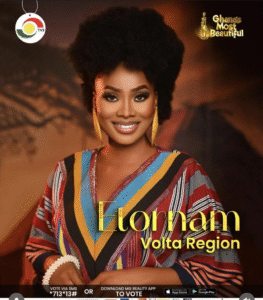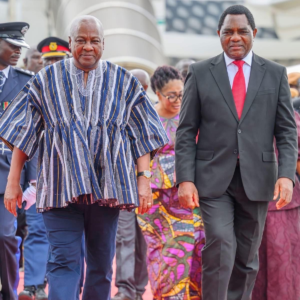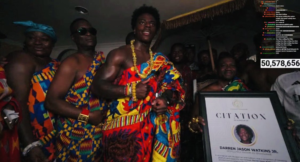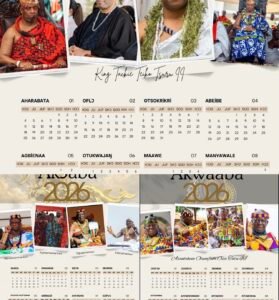
In a recent post on April 3, 2025, Ghanaian journalist Manasseh Azure Awuni stated:
Is it by chance that the composers of Ghana’s national anthem and the “unofficial” national anthem, “Yɛn Ara Asase Ni,” were both from the Volta Region? (Philip Gbeho, composer of the national anthem, was from Keta; while Dr. Ephraim Amu, who composed Yɛn Ara Asase Ni,” hailed from Peki.)
Is it accidental that on national occasions, some of the most popular patriotic songs played by the military and police bands are songs from the Volta Region?
How about the fact that Ewe songs, as casual as a lullaby, are international classics in the music world? Heard about “Tutu Gbovi” and “Toboli”?
In modern choral and church music, there is a rhythm called “Agbadza,” which does not necessarily need Agbada drums. And borborbor remains the most popular traditional Ghanaian music and dance that transcends regional and ethnic barriers and the borders of our country.
Ladies and gentlemen, the Volta Region has a very rich musical tradition. I grew up in the Volta Region, and I can attest to this. Besides the great gospel musical compositions from that region, I enjoy traditional Volta music such as borborbor, agbadza and zigi. Aside from their great rhythms, the depth of compositions in Ewe folk music is breathtaking.
Why, then, is Ewe or Volta music not as popular in the entertainment industry as music in, say, Akan? It is more of an issue of economics and marketing. When I produced a documentary on borborbor music about a decade ago, Volta-based musicians such as Joseph Akpalu and Israel Maweta told me they struggled to get producers for their music because of the language barrier. Ewe is not as widely spoken as Akan.
It’s perhaps the reason Jerry Anaba (Okomfo Kwadee), from the Upper East Region, and Emmanuel Andrews Samini (Samini), from the Upper West Region, decided to ply their trade in Twi.
I used to enjoy a classic reggae song album by Abu Sadiq Naanigoo from the Northern Region and wondered why his music did not catch the attention of the nation. It was, perhaps ,because not everyone in the Northern Region spoke Dagbani, the language of his compositions.
Why this post? Yesterday [April 1, 2025], I posted that Sekondi/Takoradi is the music city of Ghana and that Volta is the music region of Ghana.
The twin city, Sekondi/Takoradi, has produced generations of top-notch musicians in Ghana. Many people agreed but saw no reason the Volta should be mentioned as a music powerhouse in the country. Some comments just named Edem and wondered why a region without big names in the contemporary entertainment industry should be given that accolade.
George Quaye asked for more context. The richness of Volta’s musical tradition transcends known and contemporary big names like Celestine Donkor, Denning Edem Hotor (Edem), Vera Hamenoo-Kpeda (MzVee), and Livingstone Etse Satekla (Stonebwoy).
Do you still disagree?







